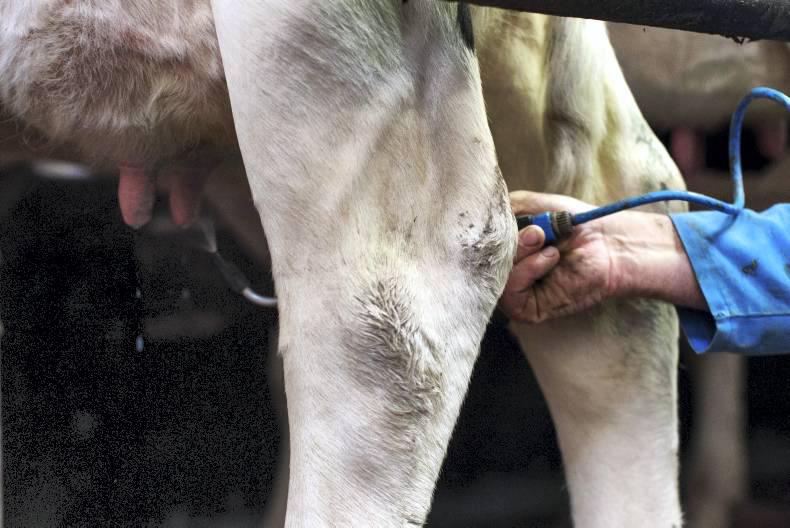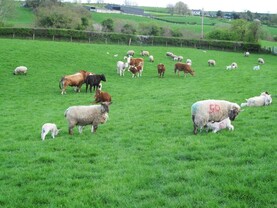The European Commission will roll out a series of voluntary measures to control European milk supply at a meeting on 18 July.
This will be the follow-up to last year’s €500m dairy and pig aid package which was announced last September.
While it will be a voluntary scheme for each European country to adopt, the package will not be like last year where Irish farmers received a flat payment. Farmers will have to adhere to measures in order to qualify for supports.
Speaking at a Council of Farm Ministers meeting on Monday, EU Agriculture Commissioner Phil Hogan confirmed that a range of voluntary measures will be proposed at the 18 July meeting.
“I can confirm that the (European) Commission is working on a support package for the dairy sector, with financial resources if necessary, which I expect to be in a position to present to the Council in July. In devising such a support package, we are looking at all options available to us that will help to bring balance to the dairy market,” Hogan said.
While details are currently being negotiated, a model similar to how the Netherlands implemented its dairy aid package last year is thought to be the preferred model for many in Europe.
The big decision will be whether voluntary supply control will be implemented at a member state level or if individual dairy processors will be afforded the choice to decide on it.
Large Dutch processor FrieslandCampina incentivised lower milk supply in late December to reduce milk deliveries.
The move is being made as the global market continues to deal with an oversupply situation. Production in Ireland and Europe has been tailing off. Early figures suggest that Irish milk supply for June will be up 4% compared to 20% in June 2015.
The hope from Ireland is that supply will be lower again in July by the time the Commission meets.
Hogan, who is bound by the Treaty of Lisbon in order to protect the viability of farms, was unequivocal in his belief that the market needs “balance”.






 This is a subscriber-only article
This is a subscriber-only article









SHARING OPTIONS: